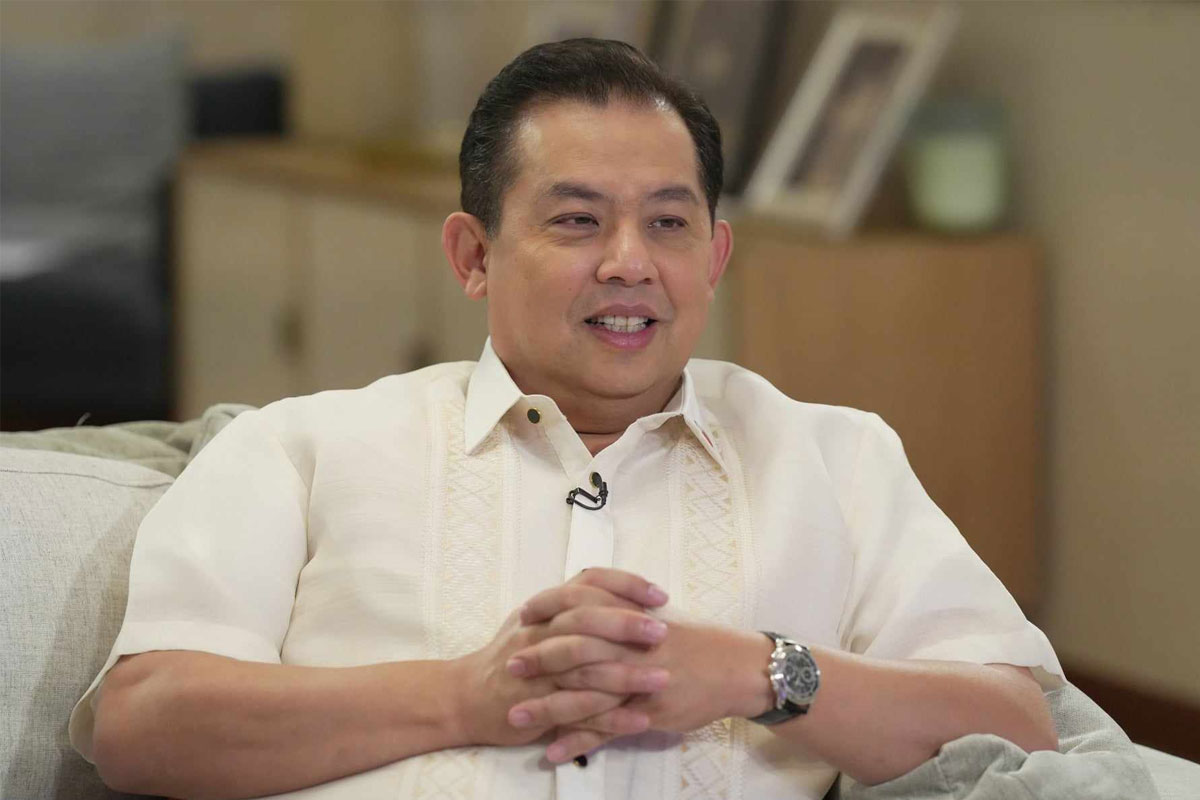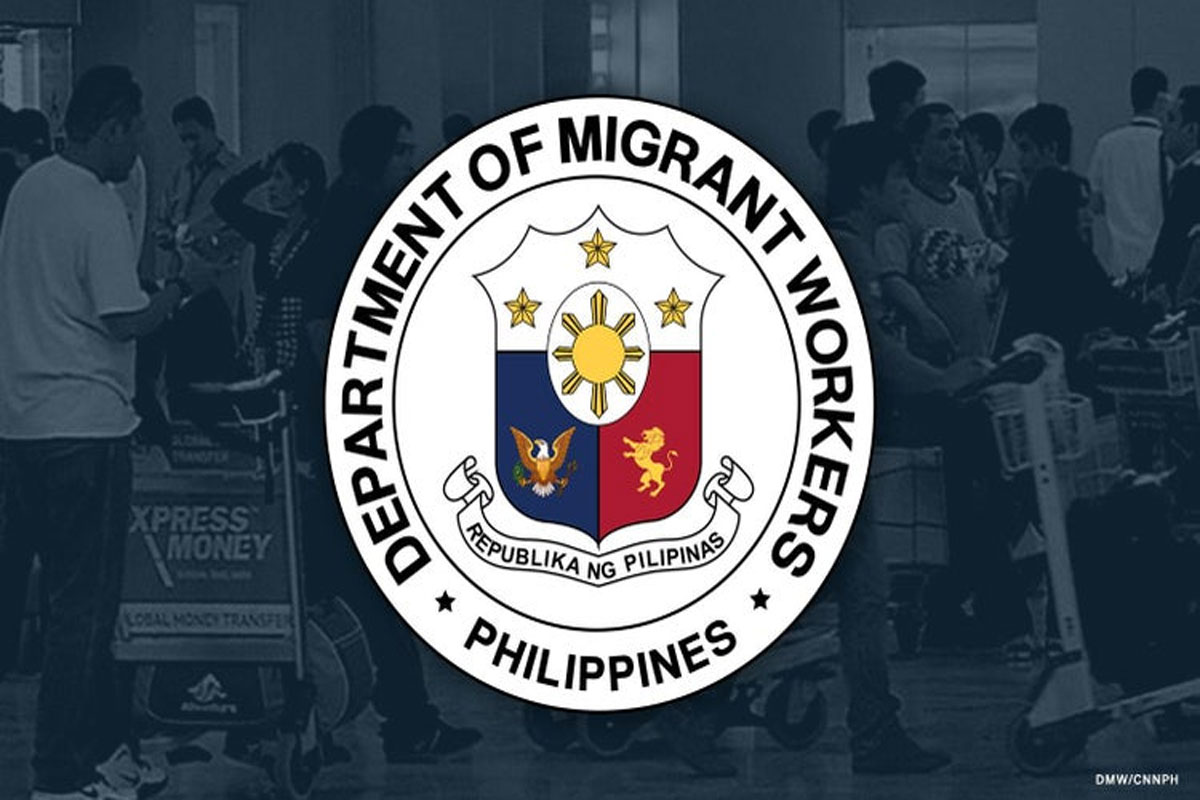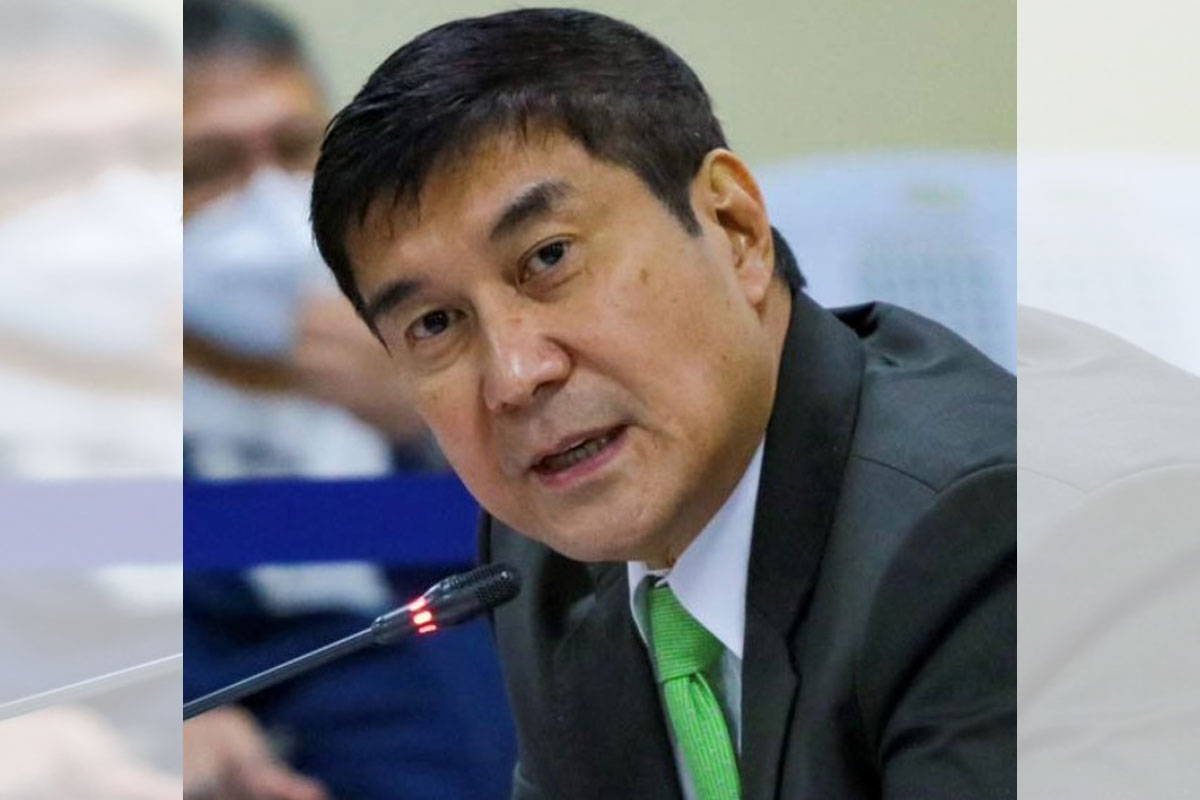
Pulong pushes enactment of OFW remittance law
A LAWMAKER is seeking the swift enactment of a law that would provide overseas Filipino workers (OFWs) discounted rates on remittance fees and safeguard their hard-earned money sent back home from exorbitant charges.
Davao City 1st District Representative Paolo “Pulong” Duterte called for the approval of House Bill (HB) No. 4469 along with other similar measures that aim to protect OFW remittance fees from usurious charges as the nation commemorates the Month of Overseas Filipinos this December.
Passing the measure would also complement the OFW-friendly legacy of his father, former President Rodrigo Roa Duterte, which is the establishment of the Overseas Filipino Bank (OFBank) – the first branchless and digital-only bank in the country exclusively catering to the financial needs of Filipinos based abroad, the Davao City lawmaker said.
“The billions of dollars in remittances sent home by our OFWs, who we consider as modern-day heroes, have always been one of the country’s major economic drivers. The money they send home helped the country ride out the economic shock triggered by the COVID-19 pandemic. It is important that we protect their hard-earned earnings,” Duterte said.
HB 4469, which was filed by Duterte, Benguet Rep. Eric Yap and ACT-CIS Partylist Reps. Jeffrey Soriano and Edvic Yap also make it mandatory for OFWs and their families to attend financial education seminars conducted by the government to teach them in properly handling and investing their money.
The bill also backs a proposal setting a 50% cut on OFW remittance fees imposed by banks and non-bank financial intermediaries, which, in turn, can claim such discounts as tax deductions on gross income.
The total deductions that can be claimed from the grant of the 50% discount are capped at P24,000 per OFW every taxable year.
Duterte pointed out that this hefty reduction in OFW remittance fees is possible and can even be lowered further with the use of technology, as shown by the innovations done by financial technology (fintech) developers who use mobile apps and other digital platforms to offer zero transaction fees and reasonable foreign exchange rates in processing remittances.
These pioneering financial services are now available in the market and are expected to flourish after the pandemic forced a shift to more digital options in transactions, Duterte said.
He recalled that the Duterte administration “pioneered” digital banking services for OFWs by opening and operationalizing the OFBank.
Duterte noted that the OFBank not only offers 24/7 availability but also shields OFWs from ludicrous foreign exchange rates and unreasonable remittance fees by offering zero charges on transfers between OFBank accounts and Land Bank of the Philippines (LandBank) accounts.
OFBank account holders are also able to invest in retail treasury bonds through the OFBank Mobile Banking App, among other financial services, he added.
“These innovations pioneered by OFBank can be strengthened by passing House Bill 4469 and the eight other bills now pending in Congress with similar provisions,” Duterte said.
OFW remittances rose 3.8% year-on-year in September 2022 alone to US$2.84 billion, according to data from the Bangko Sentral ng Pilipinas (BSP).
Even amid a pandemic, money sent home by OFWs hit a new high in 2021, reaching US$31.42 billion, which exceeded the previous record of US$30.13 billion in 2019.
Cash remittances in 2021 rose 5.1% from US$29.9 billion in 2020.
Under HB 4469, banks and other financial service providers are barred from raising their current remittance fees without prior consultation with the Department of Finance (DOF), BSP, and the Philippine Overseas Employment Administration (POEA).
Duterte underscored the need for OFWs and their families to be financially literate so that they can learn to spend, save and invest their money wisely, which is why HB 4469 also contains a provision that requires the DOF, BSP, POEA, and other relevant government agencies to educate them in handling their earnings and remittances.
Violations committed under HB 4469, such as the misappropriation or conversion of foreign exchange remittances that prove prejudicial to the OFW or his or her beneficiary; and the imposition of excessive remittance fees, among other infractions, are penalized under the bill with imprisonment and fines depending on the amount of money involved.




















